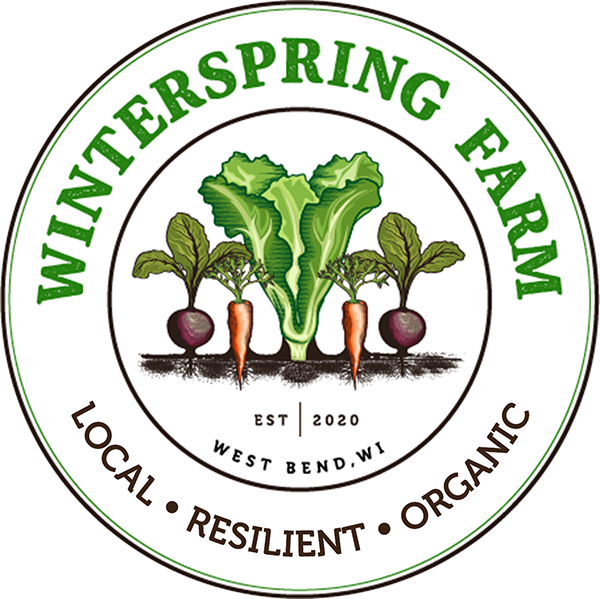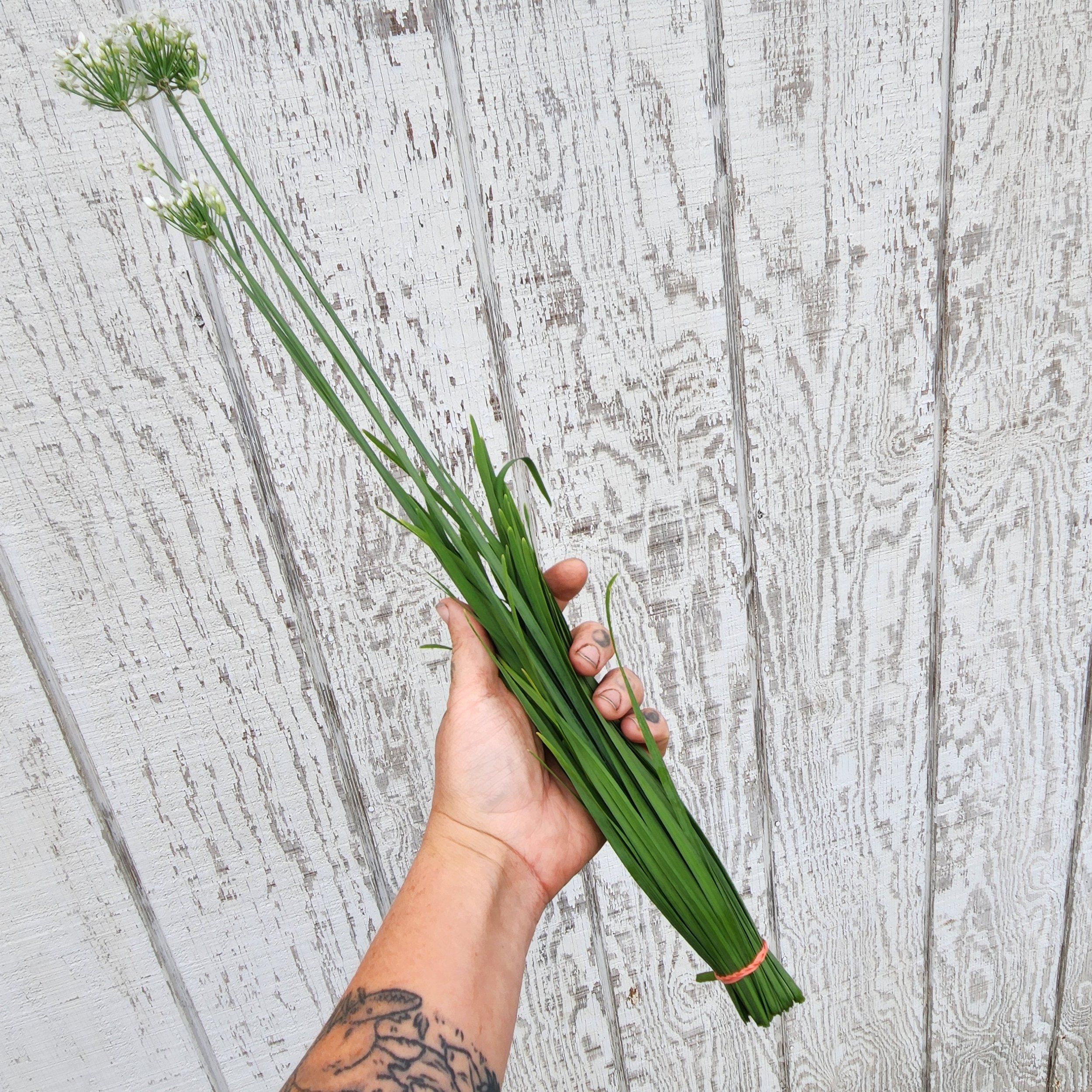 Image 1 of
Image 1 of


Comfrey Rootlets
SCIENTIFIC NAME:
Symphytum uplandica x
VARIETIES:
"Cultivated" or "Russian". While there are many kinds of comfrey, this one is the most commonly used in gardens for its wonderful bio-dynamic accumulation abilities. Its deep taproot system brings minerals from deep in the soil to the surface through its leaves, while breaking up hard pan and improving surface water percolation. It makes a wonderful mulch, pollinator plant, animal fodder (our ducks love it!), first aid plant, and its small purple/blue flowers are edible as well.
CULTURE:
Comfrey is extremely hardy and easy to establish; simply plant a rootlet and stand back. You will receive a part of a root per plant that you order in a small amount of soil to stay moist. They do well in part share to full sun, and can tolerate wet conditions well.
SCIENTIFIC NAME:
Symphytum uplandica x
VARIETIES:
"Cultivated" or "Russian". While there are many kinds of comfrey, this one is the most commonly used in gardens for its wonderful bio-dynamic accumulation abilities. Its deep taproot system brings minerals from deep in the soil to the surface through its leaves, while breaking up hard pan and improving surface water percolation. It makes a wonderful mulch, pollinator plant, animal fodder (our ducks love it!), first aid plant, and its small purple/blue flowers are edible as well.
CULTURE:
Comfrey is extremely hardy and easy to establish; simply plant a rootlet and stand back. You will receive a part of a root per plant that you order in a small amount of soil to stay moist. They do well in part share to full sun, and can tolerate wet conditions well.
SCIENTIFIC NAME:
Symphytum uplandica x
VARIETIES:
"Cultivated" or "Russian". While there are many kinds of comfrey, this one is the most commonly used in gardens for its wonderful bio-dynamic accumulation abilities. Its deep taproot system brings minerals from deep in the soil to the surface through its leaves, while breaking up hard pan and improving surface water percolation. It makes a wonderful mulch, pollinator plant, animal fodder (our ducks love it!), first aid plant, and its small purple/blue flowers are edible as well.
CULTURE:
Comfrey is extremely hardy and easy to establish; simply plant a rootlet and stand back. You will receive a part of a root per plant that you order in a small amount of soil to stay moist. They do well in part share to full sun, and can tolerate wet conditions well.








